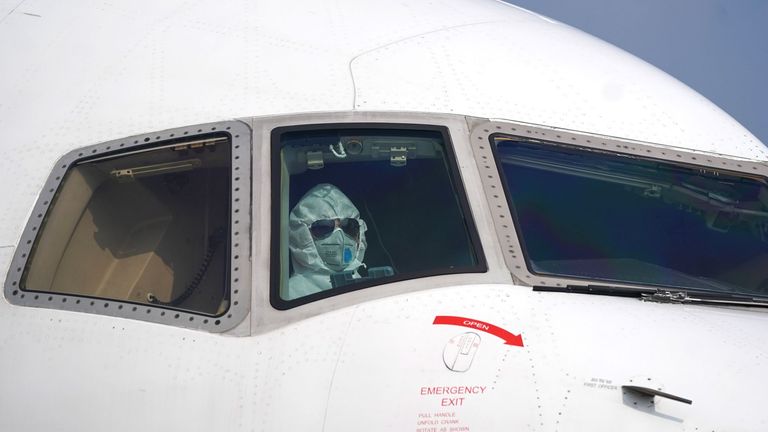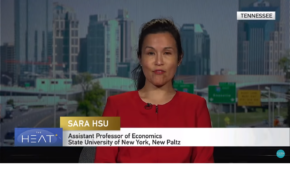 With all possible caveats: early signs do indicated the coronavirus is slowly retreating in China. That might reverse, as workers are slowly returning to work, and quarantine measure are partly revoked. Meanwhile, the rest of the world, notably South-Korean, Japan, Iran and Italy are fighting their own hot spots of the coronavirus and the fears of a global pandemic outbreak are all but over.
With all possible caveats: early signs do indicated the coronavirus is slowly retreating in China. That might reverse, as workers are slowly returning to work, and quarantine measure are partly revoked. Meanwhile, the rest of the world, notably South-Korean, Japan, Iran and Italy are fighting their own hot spots of the coronavirus and the fears of a global pandemic outbreak are all but over.
When you follow our social media feeds at Twitter, Facebook or LinkedIn, you might notice that our China news - not related to the coronavirus - is growing since the weekend, and that is a good sign too. But still, we do not expect the event industry to pick up before May, and much might depend not only on China and the success of its quarantine measure, but also how the virus is developing in the rest of the world.
Are you interested in discussing how to deal with your China event? Do get in touch.





